外交・安全保障調査研究事業費補助金「体制間競争の時代における日本の選択肢」
中露の権威主義体制の台頭と米国・欧州を中心とした既存秩序の動揺、中東における思想的・地政学的変動、先端科学技術の発展などにより、世界のありようは大きな変革期を迎えています。本プロジェクトはこうした状況下で日本が新たな国際秩序の形成に積極的に関わっていくための政策提言と情報発信を目的として、内外の専門家による議論のプラットフォームとなることを目指します。
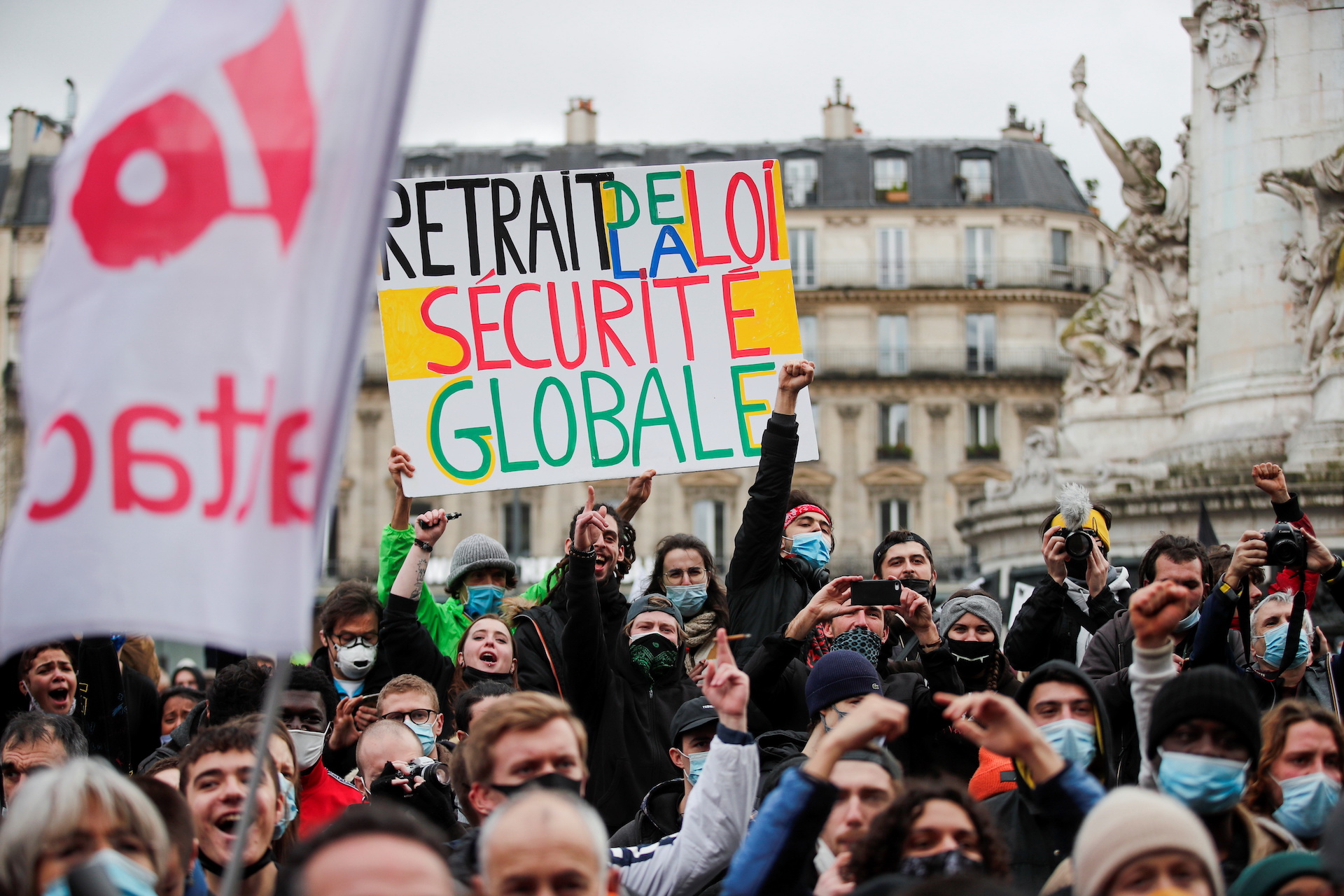
分科会
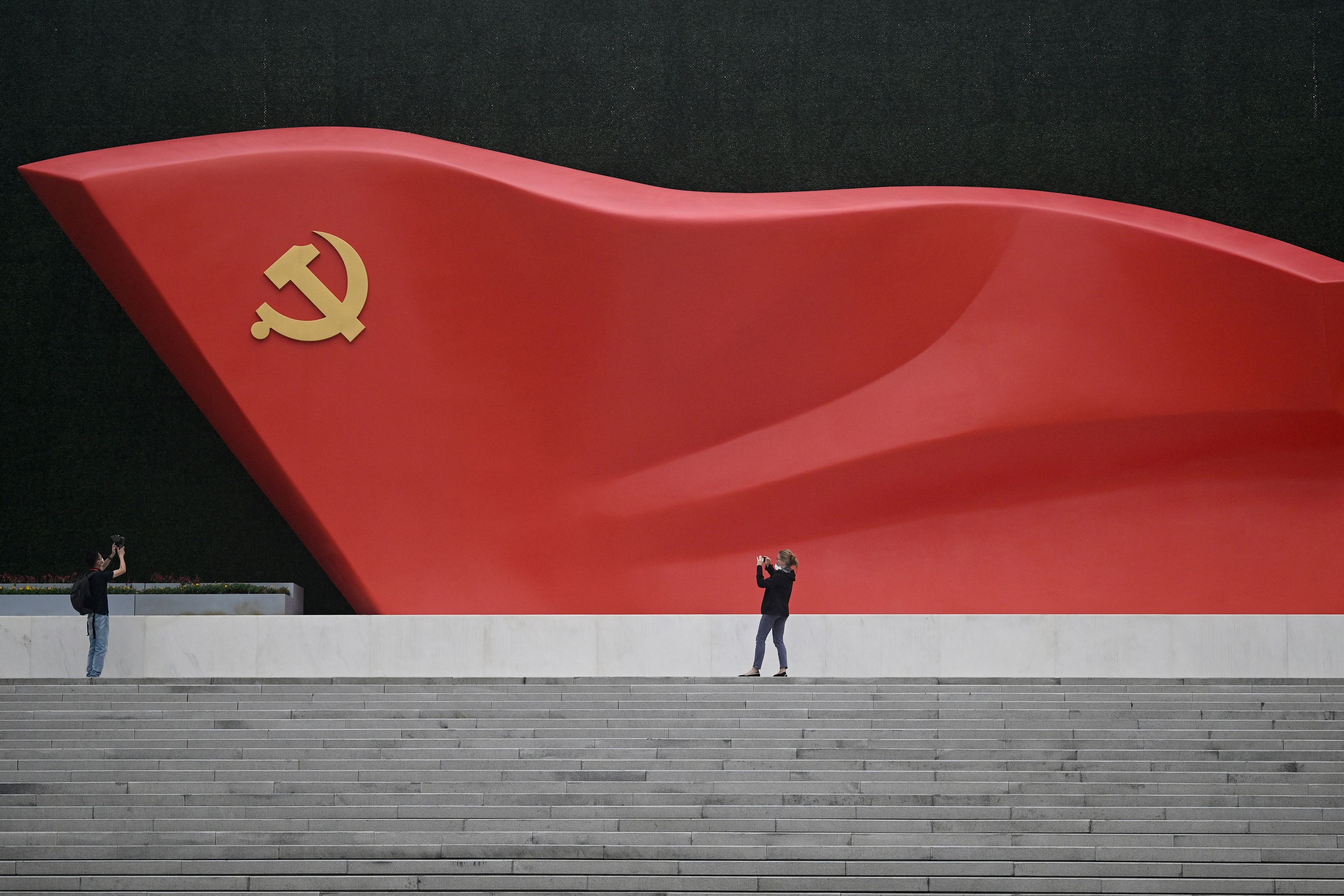
中国・権威主義体制に関する分科会

中東・イスラーム世界のオルターナティブに関する分科会

米国・既存秩序の動揺に関する分科会
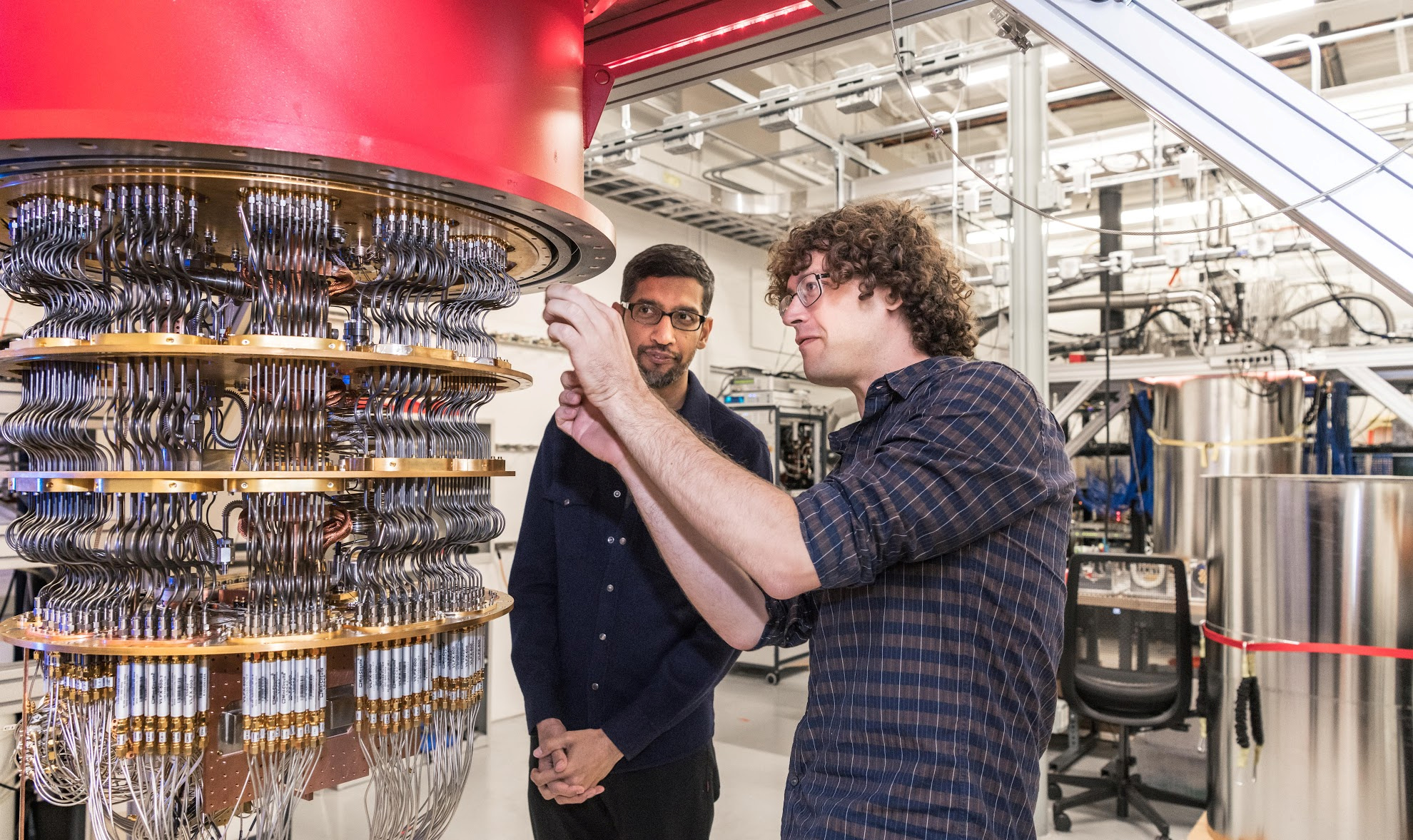
新領域セキュリティの諸課題に関する分科会
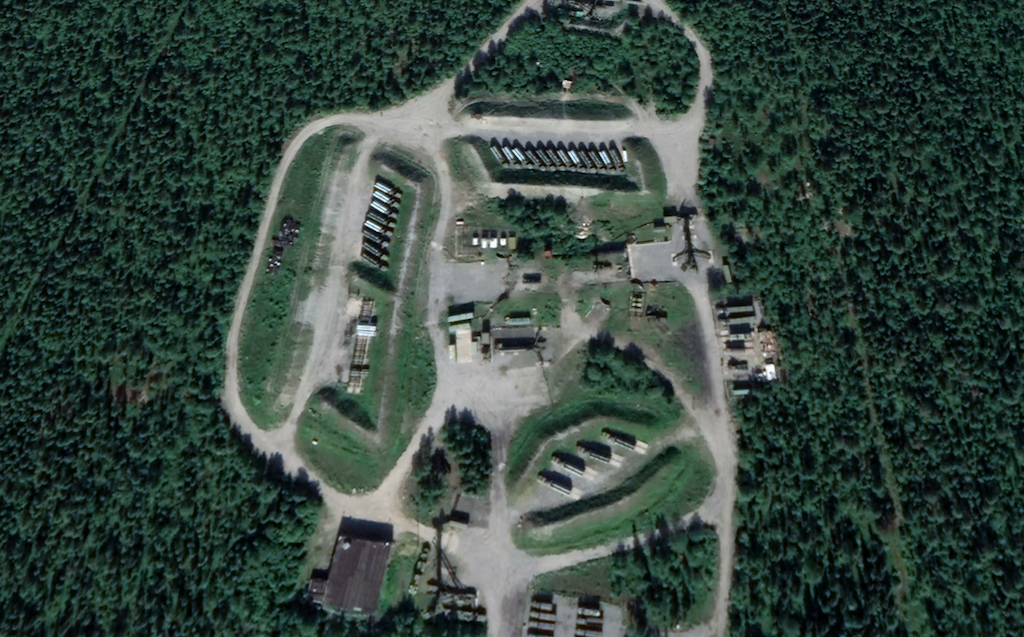
衛星画像分析プロジェクト
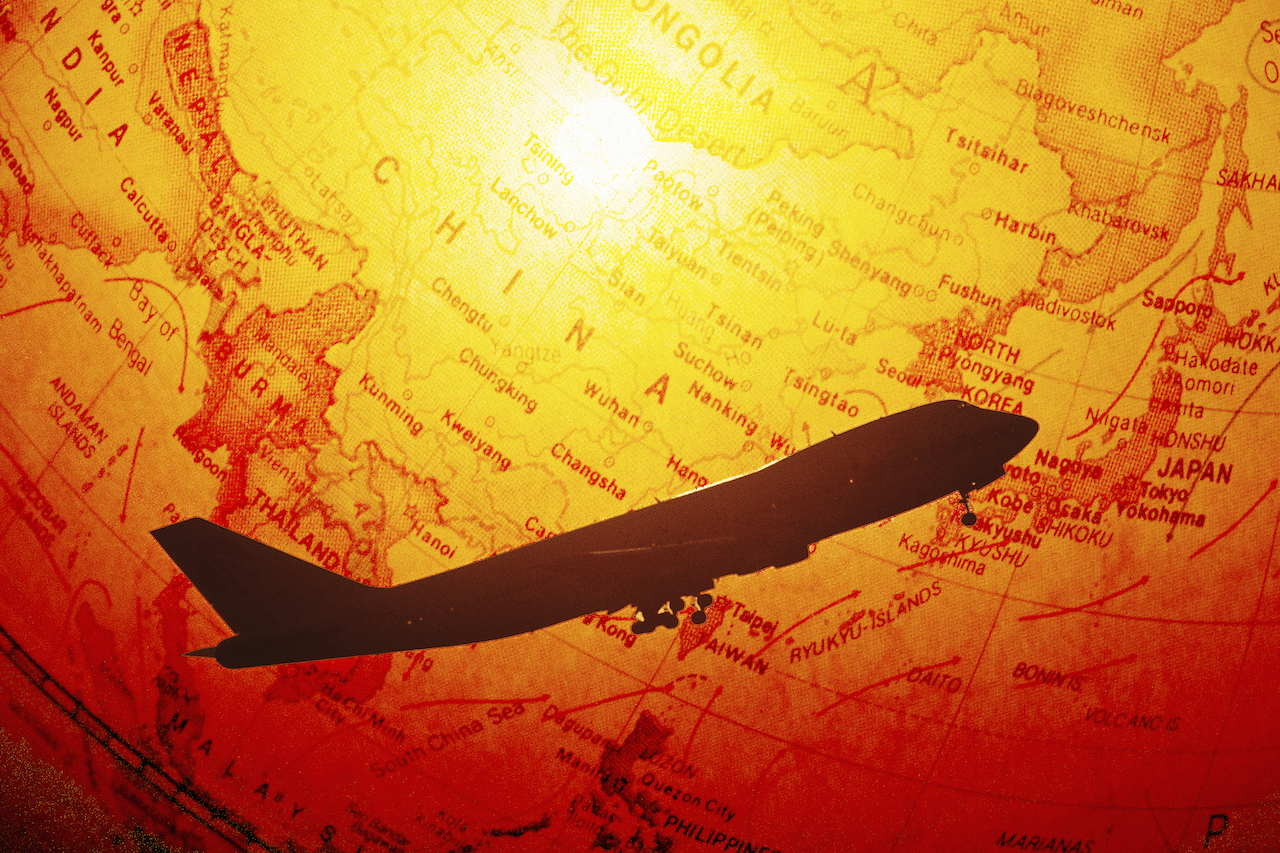
インド太平洋交通安全保障に関する分科会
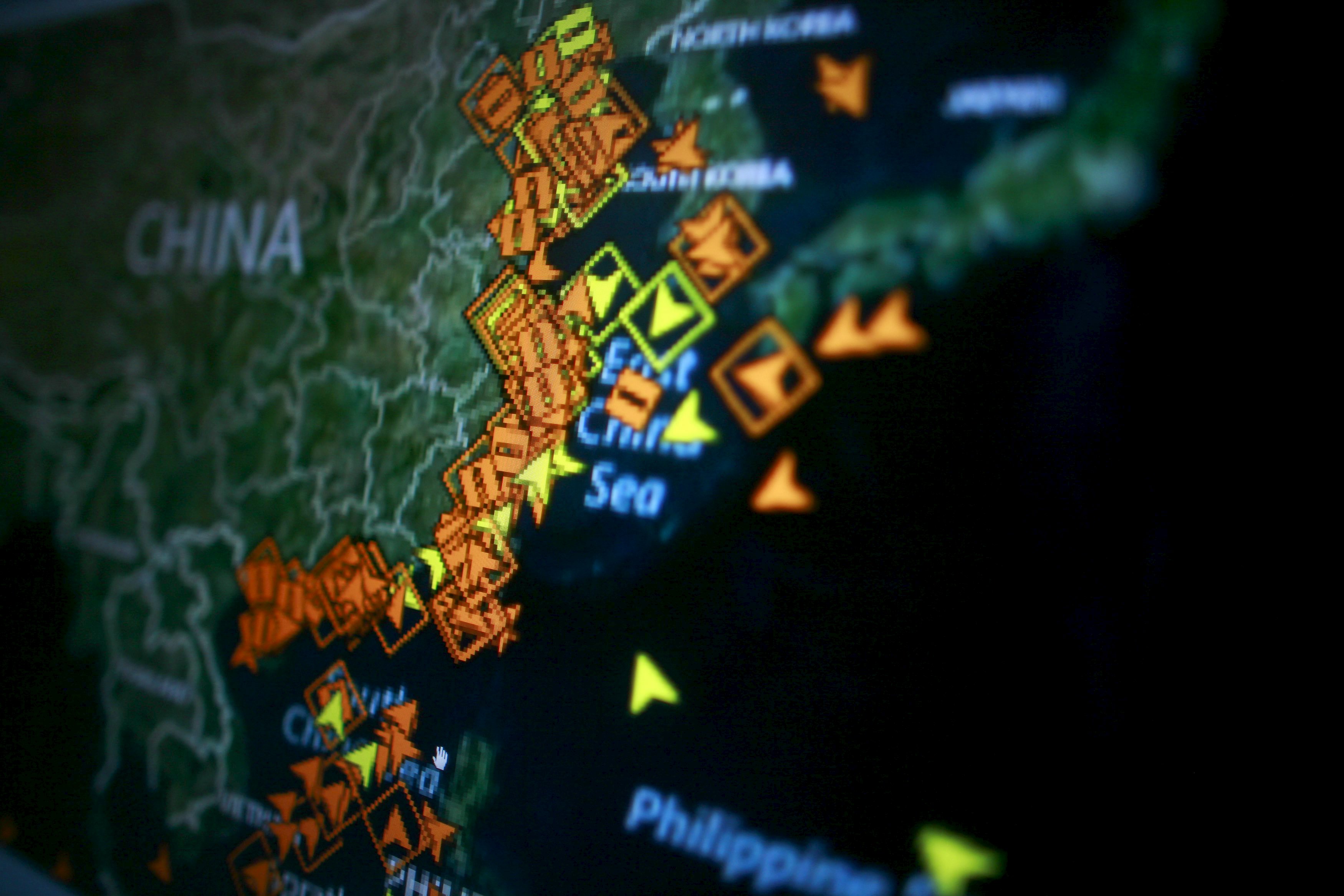
政策シミュレーション研究プロジェクト
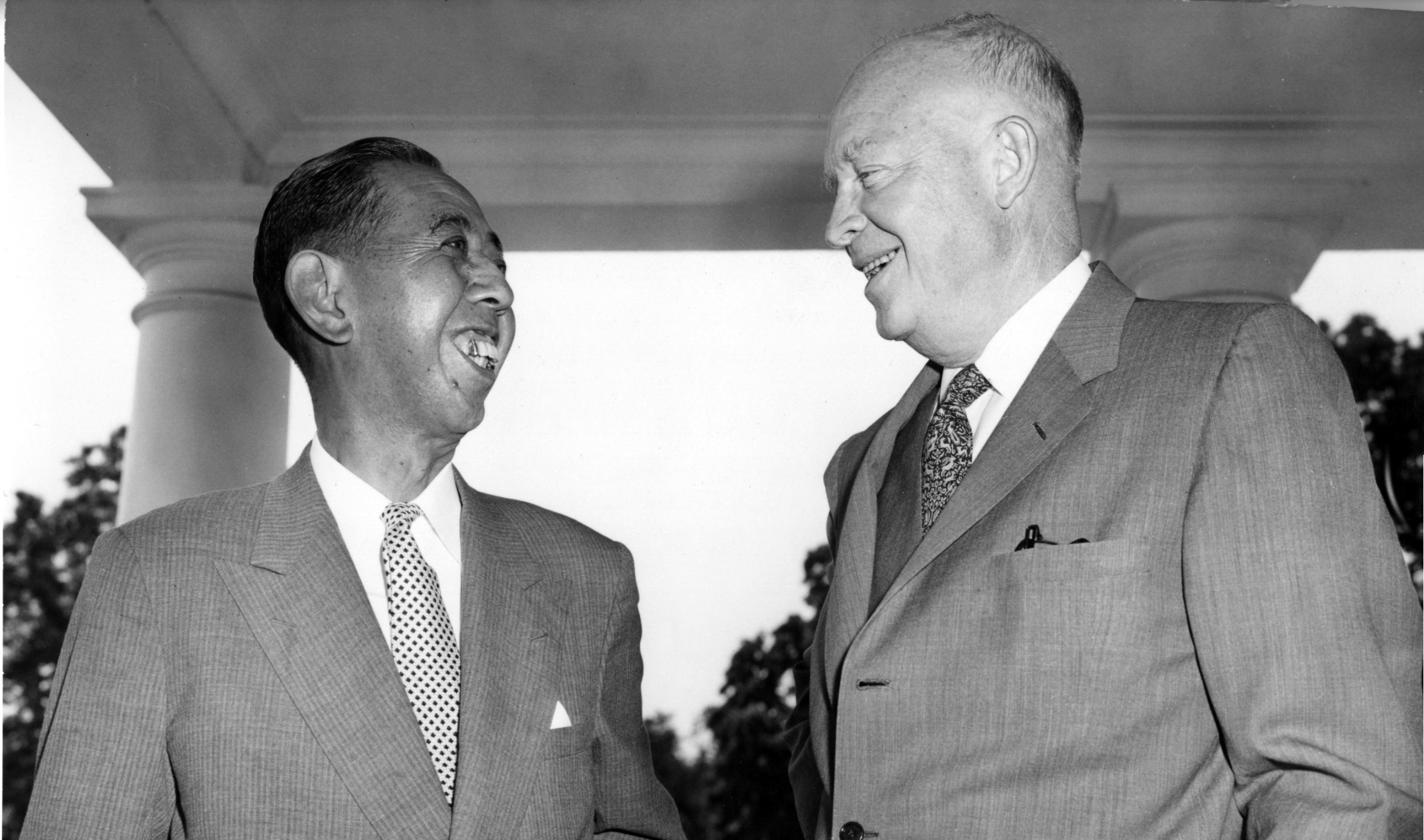
日米安保資料プロジェクト
活動記録
2023.04.28 (金)
ニュース
報告書公開
ROLES REPORT No.24 田中祐真「ポーランドの対ウクライナ姿勢―ウクライナとの『連帯』における政治的・心情的背景―」公開のお知らせ
2023.03.31 (金)
ニュース
お知らせ
2023年3月 メディア出演掲載情報(4月5日更新)
2023.03.31 (金)
ニュース
報告書公開
『ROLES Review Vol.3』(2023.3.31発行)全文公開のお知らせ
2023.03.07 (火)
動画配信
セミナー
公開ウェビナー「進化する日米同盟課題:今後の課題と台湾有事」
2023.02.28 (火)
ニュース
お知らせ
2023年2月 メディア出演掲載情報(3月6日更新)
2023.02.18 (土)
動画配信
セミナー
国際ウェビナー「『安全保障のトライアングル』—ロシアによるウクライナ侵攻の中東と中国への影響」
2023.01.31 (火)
ニュース
お知らせ
2023年1月 メディア出演掲載情報(3月6日更新)
2023.01.18 (水)
ニュース
お知らせ
2022年12月 メディア出演掲載情報(1月18日更新)
2023.01.10 (火)
ニュース
お知らせ
【対外発信】カイロのCCCPAでの講演とディスカッション
2023.01.09 (月)
ニュース
お知らせ
【対外発信】池内恵教授がカイロ・アメリカン大学で講演を行いました
2022.11.30 (水)
ニュース
お知らせ
2022年11月 メディア出演掲載情報(12月16日更新)
2022.11.26 (土)
ニュース
お知らせ
小泉 悠専任講師 第8回猪木正道賞特別賞を受賞
2022.11.11 (金)
ニュース
お知らせ
【対外発信】TOBB経済工科大学(トルコ)主催シンポジウムに登壇
2022.11.04 (金)
ニュース
お知らせ
『ROLES Review Vol.2』(2022.9.30発行)を全文公開しました。
2022.11.02 (水)
ニュース
報告書公開
【提言】国家安全保障戦略改訂に向けたROLES有志の提言が公開されました
2022.10.31 (月)
ニュース
お知らせ
2022年10月 メディア出演掲載情報(11月11日更新)
2022.10.28 (金)
ニュース
お知らせ
小泉 悠専任講師 第18回中曽根康弘賞優秀賞を受賞
2022.10.25 (火)
ニュース
お知らせ
【海外拠点】テルアビブ大学モシェダヤン中東アフリカ研究センター(イスラエル)と協力し公開講演会・シンポジウムを開催
2022.10.25 (火)
ニュース
報告書公開
【海外拠点】ライヒマン大学(イスラエル)のアバ・エバン国際外交研究所と非公開ラウンドテーブル
2022.09.30 (金)
ニュース
お知らせ
2022年9月 メディア出演掲載情報(10月7日更新)
2022.09.14 (水)
ニュース
動画配信
公開ウェビナー「ウクライナにおける戦争からの教訓 サイバーなどでの各国の動き」
2022.09.14 (水)
動画配信
セミナー
公開ウェビナー「ウクライナにおける戦争からの教訓 サイバーなどでの各国の動き」
2022.08.31 (水)
ニュース
お知らせ
2022年8月 メディア出演掲載情報(9月2日更新)
2022.08.25 (木)
ニュース
動画配信
ロシア・ウクライナ戦争が変えるヨーロッパ国際秩序、日本の立場(東京カレッジ講演会)
2022.08.05 (金)
ニュース
お知らせ
池内恵教授・小泉悠専任講師他が寄稿した『ウクライナ戦争と世界のゆくえ』が刊行
2022.07.31 (日)
ニュース
お知らせ
2022年7月 メディア出演掲載情報(9月2日更新)
2022.07.28 (木)
ニュース
イベント情報
【国際連携】米国のパシフィック・フォーラム・インターナショナルと学術交流覚書(MOU)を締結
2022.07.06 (水)
ニュース
動画配信
東大駒場リサーチキャンパス公開2022:ROLES研究セミナー「沖縄返還の道のりをふり返る」
2022.07.06 (水)
動画配信
セミナー
東大駒場リサーチキャンパス公開2022:ROLES研究セミナー「沖縄返還の道のりをふり返る」
2022.06.30 (木)
ニュース
お知らせ
2022年6月 メディア出演掲載情報(7月22日更新)
2022.05.31 (火)
ニュース
お知らせ
2022年5月 メディア出演掲載情報(6月10日更新)
2022.05.22 (日)
ニュース
お知らせ
【対外発信】エルサレム・ヘブライ大学(イスラエル)で開催された朝鮮半島研究大会で報告
2022.04.30 (土)
ニュース
お知らせ
2022年4月 メディア出演掲載情報(6月10日更新)
2022.04.30 (土)
ニュース
動画配信
"The World of Balance of Threat: The Origins of Alliances Revisited" 「脅威の均衡による世界:『同盟の起源』再考」
2022.04.25 (月)
ニュース
お知らせ
小泉 悠専任講師 戦略研究学会 第5回研究奨励賞を受賞
2022.04.13 (水)
ニュース
報告書公開
『ROLES Review Vol.1』(2022.3.31発行)を全文公開しました。
2022.04.12 (火)
イベント
講演
スティーブン・ウォルト『同盟の起源』邦訳刊行記念ウェビナー
2022.03.31 (木)
ニュース
お知らせ
2022年3月 メディア出演掲載情報(4月18日更新)
2022.03.16 (水)
イベント
懇談会
国際会議「未来のイスラエル・日本・湾岸協力」
2022.03.09 (水)
ニュース
イベント情報
日・イスラエル戦略対話の開催に協力
2022.03.02 (水)
ニュース
報告書公開
ROLESCast第9回「ロシアのウクライナ侵攻」が『フォーサイト』で記事化されました
2022.02.28 (月)
ニュース
お知らせ
2022年2月 メディア出演掲載情報
2022.02.28 (月)
動画配信
トーク
ROLESCast#009 ロシアのウクライナ侵攻-現状と展望
2022.02.03 (木)
ニュース
報告書公開
ROLESCast第8回「緊迫するウクライナ情勢」が国際情報誌『フォーサイト』で記事化されました。
2022.01.31 (月)
ニュース
お知らせ
2022年1月 メディア出演掲載情報
2022.01.31 (月)
ニュース
動画配信
【動画配信】ROLES Talk Episode 006: Developments in North Korea
2022.01.25 (火)
ニュース
動画配信
【動画配信】ROLESCast #008 「緊迫するウクライナ情勢 – 展望と課題」(小泉悠専任講師、山口亮特任助教)
2022.01.25 (火)
動画配信
トーク
ROLESCast #008 緊迫するウクライナ情勢 – 展望と課題
2022.01.06 (木)
ニュース
動画配信
【動画配信】ROLESCast #007 「カザフスタン情勢の急転ー突発的な政権動揺の背景と影響」(小泉悠専任講師、山口亮特任助教)
2022.01.06 (木)
動画配信
トーク
ROLESCast #007 カザフスタン情勢の急転ー突発的な政権動揺の背景と影響
2021.12.27 (月)
ニュース
お知らせ
2021年12月 メディア出演掲載情報
2021.12.23 (木)
ニュース
動画配信
【対外発信】『シャルクルアウサト』に寄稿 2021年のインド太平洋情勢について(池内恵教授)
2021.12.16 (木)
ニュース
動画配信
【動画配信】ROLES Talk Episode 005: Japan-US Alliance: Prospects and Issues
2021.12.12 (日)
ニュース
報告書公開
【社会への発信】『信濃毎日新聞』に2021年の中東外交について(池内恵教授)
2021.12.07 (火)
ニュース
報告書公開
【出版】池内恵教授が共編者の論集『新興国から見るアフターコロナの時代 米中対立の間に広がる世界』
2021.11.30 (火)
ニュース
お知らせ
2021年11月 メディア出演掲載情報
2021.10.31 (日)
ニュース
お知らせ
2021年10月 メディア出演掲載情報
2021.10.31 (日)
ニュース
動画配信
【動画配信】ROLES Talk Episode 002: Taiwan's Security and Defense Planning" (English subtitle)
2021.10.22 (金)
ニュース
動画配信
【動画配信】ROLES Talk Episode 001: Naval Developments in the Indo-Pacific (English subtitle)
2021.10.21 (木)
動画配信
トーク
ROLESCast #006 続・相次ぐミサイル発射から読む北朝鮮の今(続編)
2021.10.14 (木)
ニュース
お知らせ
【対外発信】フランスFrench Institute of International Relationsの『Asie.Visions』に山口亮特任助教の日本の防衛戦略・計画に関する政策レポートが掲載されました
2021.10.11 (月)
ニュース
動画配信
【動画配信】ROLESCast #005「相次ぐミサイル発射から読む北朝鮮の今」(小泉悠・山口亮特任助教)
2021.10.11 (月)
動画配信
トーク
ROLESCast#005 相次ぐミサイル発射から読む北朝鮮の今
2021.10.06 (水)
ニュース
動画配信
【動画配信】ROLESCast #004「AUKUSの衝撃」(鶴岡路人慶大准教授・池内恵教授)
2021.10.06 (水)
動画配信
トーク
ROLESCast#004 AUKUSの衝撃
2021.10.05 (火)
ニュース
お知らせ
【対外発信】『シャルクルアウサト』紙に寄稿(池内恵教授)「インド太平洋」に移る国際政治の重心について
2021.09.30 (木)
ニュース
お知らせ
2021年9月 メディア出演掲載情報
2021.09.20 (月)
ニュース
報告書公開
【対外発信】スウェーデンISDPのレポートで引用されました(池内恵教授)
2021.09.19 (日)
ニュース
お知らせ
【社会への発信】『信濃毎日新聞』に米国のアフガニスタン撤収が同盟国に及ぼす影響について(池内恵教授)
2021.09.16 (木)
ニュース
お知らせ
【対外発信】香港SCMP紙に北朝鮮のミサイル発射に関する山口特任助教のコメントが掲載されました
2021.09.16 (木)
ニュース
お知らせ
【対外発信】『アラブニュース・ジャパン』に北朝鮮のミサイル発射に関する小泉悠特任助教のコメントが掲載されました
2021.09.14 (火)
ニュース
お知らせ
【対外発信】トルコ国営アナドル通信が、北朝鮮のミサイル発射に関する小泉悠特任助教の分析を引用して配信、トルコ語各紙に掲載されました
2021.09.13 (月)
ニュース
お知らせ
【社会への発信】NHK New Webで小泉悠特任助教が北朝鮮のミサイル発射について解説しました
2021.09.11 (土)
ニュース
お知らせ
【対外発信】Nikkei Asiaに寄稿(池内恵教授) 9・11事件から20年の国際秩序と日本の立場について
2021.09.07 (火)
ニュース
お知らせ
【対外発信】NK Proに山口亮特任助教が日本の北朝鮮政策に関する分析を寄稿しました
2021.09.05 (日)
ニュース
お知らせ
【社会への発信】『産経新聞』にアフガニスタンに関するコメントが掲載(池内恵教授)
2021.09.02 (木)
ニュース
報告書公開
ROLESCast第2回「アフガン政権崩壊ー背景と展望」が『フォーサイト』で記事化
2021.08.31 (火)
ニュース
報告書公開
【対外発信】2021年8月(中東向け)アラビア語5件・トルコ語1件、英語6件
2021.08.31 (火)
ニュース
報告書公開
【社会への発信】『信濃毎日新聞』にアフガニスタン情勢について分析を寄稿しました
2021.08.30 (月)
ニュース
報告書公開
【対外発信】トルコ語訳単行書『Bu Noktaya Nasıl Geldik?』を刊行(池内恵教授)
2021.08.30 (月)
ニュース
イベント情報
オンライン・国際セミナー(ウェビナー)を開催 イスラエルのシンクタンクとフェイクニュースについて
2021.08.24 (火)
動画配信
トーク
ROLESCast#003 米国のアフガニスタン政策の20年 それが何を残したのか
2021.08.24 (火)
ニュース
動画配信
ROLESCast #003「米国のアフガニスタン政策の20年 それが何を残したのか」を公開しました
2021.08.20 (金)
ニュース
報告書公開
【動画公開】プロジェクト初年度の概要
2021.08.20 (金)
動画配信
トーク
プロジェクト一年目の成果報告「大学にシンクタンクを作る 東大先端研ROLESの試み」
2021.08.17 (火)
ニュース
報告書公開
【対外発信】イスラエル人研究者と共著で池内恵教授が茂木外相の中東歴訪について寄稿
2021.08.16 (月)
ニュース
動画配信
ROLESCast #002「アフガン政権崩壊ー背景と展望」を公開(池内恵教授・小泉悠特任助教)
2021.08.16 (月)
動画配信
トーク
ROLESCast #002 アフガン政権崩壊ー背景と展望
2021.08.15 (日)
ニュース
報告書公開
【対外発信】UAEの新聞『アッ=ルウヤ』紙に寄稿(池内恵教授) 茂木外務大臣の中東歴訪について
2021.08.13 (金)
ニュース
報告書公開
【対外発信】サウジ系『シャルクルアウサト』紙に寄稿(池内恵教授) 茂木外相の中東歴訪について
2021.07.07 (水)
ニュース
報告書公開
外交・安全保障調査研究事業補助金(総合事業)の4分科会が2年度目の活動を開始
2021.06.12 (土)
ニュース
イベント情報
ウェビナーの開催「大国間競争時代の世界と向き合う 大学発シンクタンクROLESの挑戦」
2021.06.12 (土)
イベント
シンポジウム
大国間競争時代の世界と向き合う 大学発シンクタンクROLESの挑戦
2021.05.18 (火)
ニュース
報告書公開
ROLES COMMENTARYの創刊と第1号、第2号の刊行について
2021.05.18 (火)
ニュース
報告書公開
ROLESCast第1回「イラン核合意協議の争点」が『フォーサイト』で記事化
2021.05.11 (火)
ニュース
動画配信
動画配信「ROLESCast」を開始し、第1回として、イラン核合意再建交渉について、鈴木一人東大教授のインタビューを掲載しました
2021.05.11 (火)
動画配信
トーク
ROLESCast#001 イラン核合意協議の争点─米とイランの相違点(鈴木一人・東大公共政策大学院教授)
2021.05.10 (月)
ニュース
お知らせ
小泉悠特任助教が新著『現代ロシアの軍事戦略』を刊行しました。
2021.04.15 (木)
ニュース
動画配信
シンポジウムの動画が公開されました
2021.04.15 (木)
ニュース
報告書公開
ROLES REPORT第6-9号が刊行されました
2021.04.09 (金)
ニュース
お知らせ
【対外発信】池内教授が英語単行書『How Did We End Up Here?』を刊行しました
2020.11.15 (日)
ニュース
イベント情報
ウェビナーの「『トランプ時代』は何を残したのか?––大統領選挙後の米国と世界を考える」
2020.11.15 (日)
動画配信
シンポジウム
「トランプ時代」は何を残したのか? 大統領選挙との米国と世界を考える
2020.11.02 (月)
ニュース
イベント情報
ウェビナーの開催「権威主義体制の比較―多様性と共通性」
2020.11.02 (月)
動画配信
シンポジウム
権威主義体制の比較—多様性と共通性
2020.10.29 (木)
ニュース
イベント情報
【対外発信】清華大学で講演(池内恵教授)
2020.06.23 (火)
ニュース
報告書公開
フォーサイト誌との連携でキックオフ・ウェビナーを記事化
2020.06.06 (土)
ニュース
イベント情報
キックオフ・ウェビナー「ポスト・コロナ 新時代の国際秩序を考える-米中体制間競争と中東・ロシア–」
2020.06.06 (土)
動画配信
シンポジウム
ポスト・コロナ 新時代の国際秩序を考える−米中体制間競争と中東・ロシア–
構成メンバー
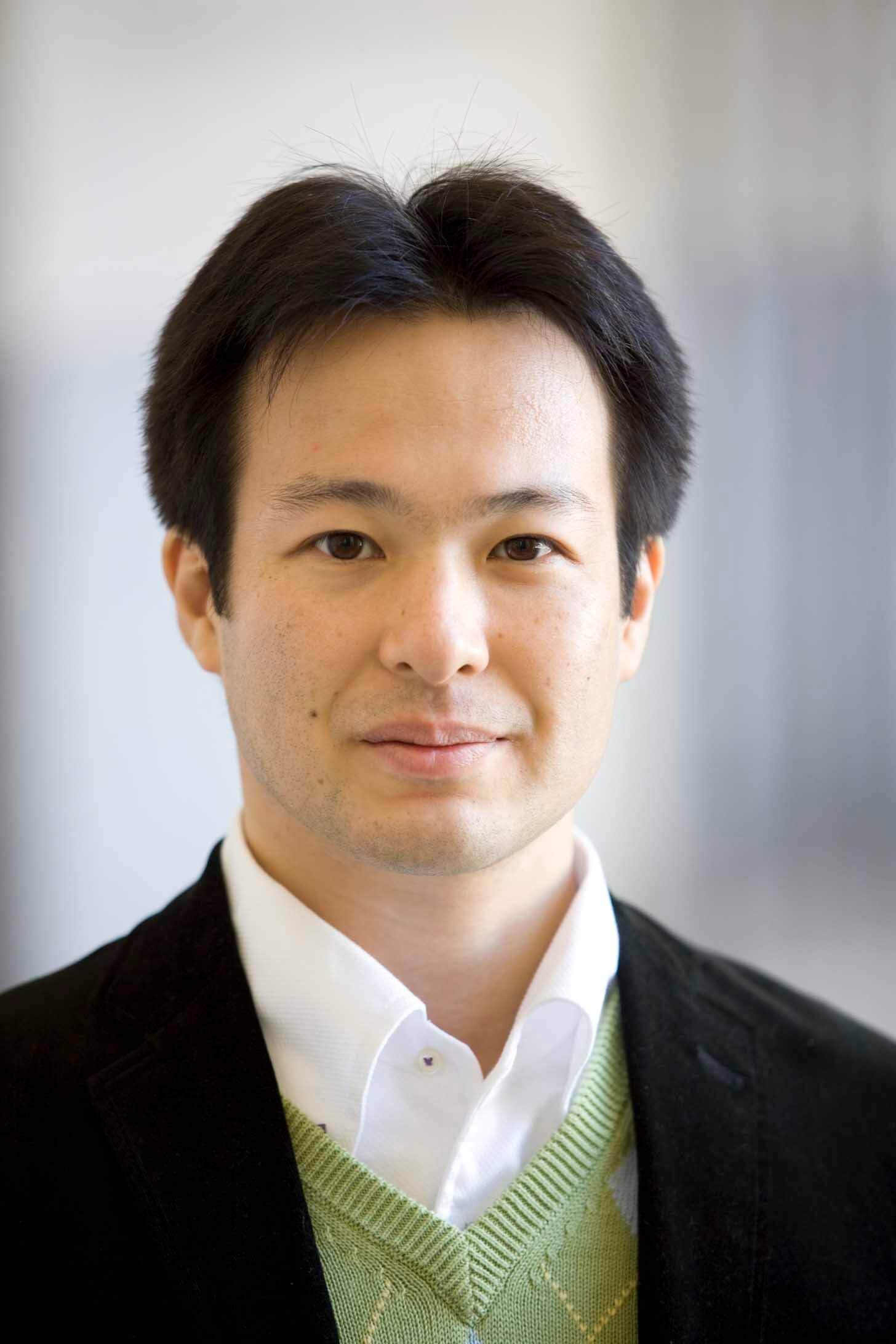
池内恵 Satoshi IKEUCHI
イスラーム政治思想 中東政治
「体制間競争の時代における日本の選択肢」事業総括
中東・イスラーム世界のオルターナティブに関する分科会・座長

(研究室OB)周俊宇 JHOU Jyun-Yu
元・台湾国立政治大学助理教授
台湾の近現代史・民族主義
東京大学先端科学技術研究センター特任研究員(2020年10月1日ー2021年6月30日)を経て、2021年7月に台湾国立政治大学助理教授に就任。2023年12月25日、死去。
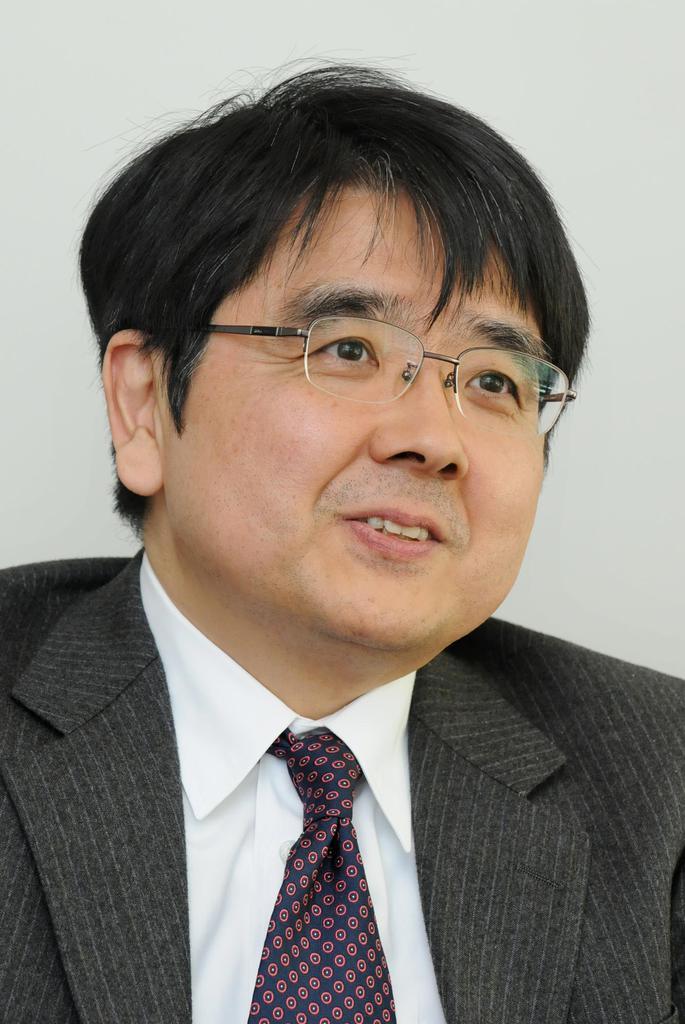
坂元一哉 Kazuya SAKAMOTO
国際政治学、外交史、日米関係史
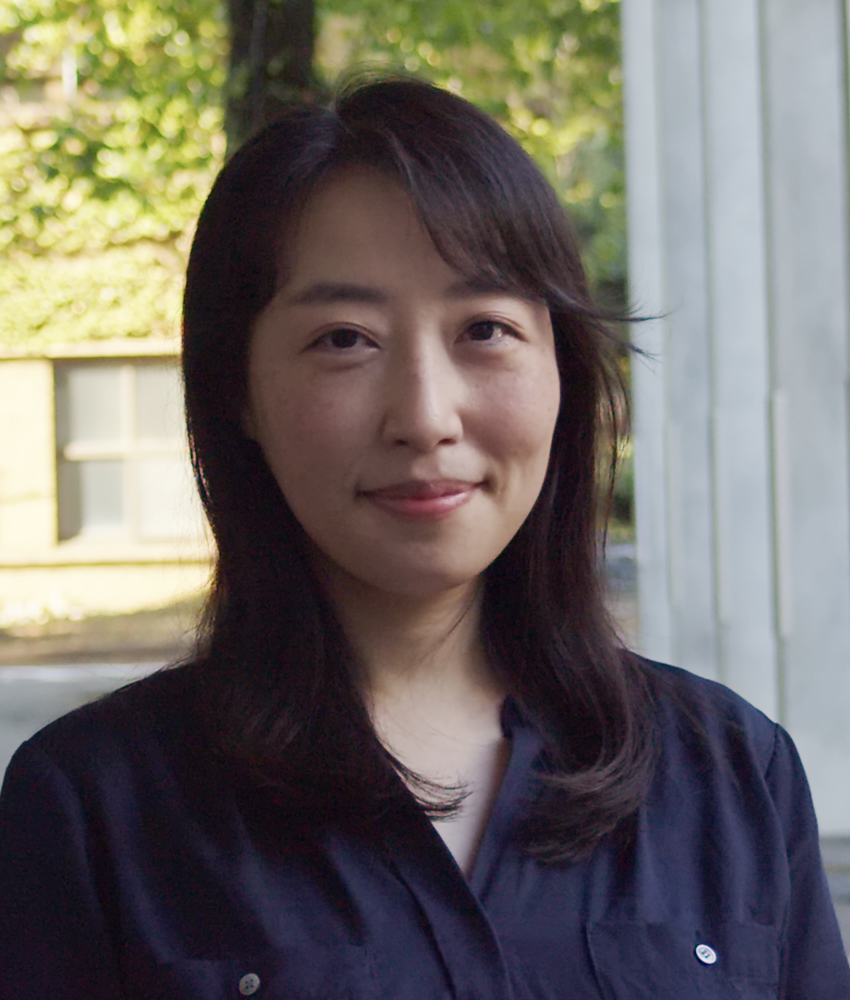
狩野希望 Nozomi KANO
学習院大学非常勤講師
イスラム思想 イスラム法学
刊行物
2023.03.31 (金)
論文
ROLES REPORT No.23 鳥潟優子「アメリカの冷戦戦略と旧イタリア植民地 ― フィリップ・C・ジェッサップの回顧録を手掛かりに」
2023.03.31 (金)
論文
ROLES REPORT No.22 小島吉之「ロシアのウクライナ侵攻(2022年2月)と米国の情報開示 ― 情報による戦争抑止の可能性に関する考察 ―」
2023.03.31 (金)
報告書
『ROLES Review Vol.3』(2023.3.31発行)
2022.11.04 (金)
報告書
『ROLES Review Vol.2』(2022.9.30発行)
2022.10.31 (月)
報告書
国家安全保障戦略改訂に向けた提言
2022.09.16 (金)
論文
ROLES REPORT No.21 岡本正明「ASEAN諸国におけるスマートシティの乱立と多国間・多企業間競合のリスク」
2022.06.08 (水)
論文
ROLES REPORT No.19 中井遼「バルト三国の情報安全保障と ロシアの影響力工作 : 世論・メディア・ロシア語系住民・歴史認識問題」
2022.04.15 (金)
報告書
『ROLES Review Vol.1』(2022.3.31発行)
2022.04.05 (火)
論文
ROLES REPORT No.18 乗松亨平「ユーラシア主義の歴史的・地域的展開」
2022.01.21 (金)
論文
ROLES REPORT No.17 山口信治「中国・習近平政権のイデオロギーをめぐる闘争ー和平演変・カラー革命への対抗と国際的話語権ー」
2022.01.20 (木)
論文
ROLES REPORT No.16 青木まき「タイの国内対立とその対外関係への影響」
2022.01.13 (木)
論文
ROLES REPORT No.15 家永真幸「中国の台湾問題をめぐる「外国勢力」への警戒言説」
2021.10.27 (水)
コメンタリー
ROLES COMMENTARY No.6 田中周「中国の対アフガニスタン外交:5つの地域枠組み」
2021.08.13 (金)
論文
ROLES REPORT No.13 高橋慶吉「コロナ・パンデミックとアメリカ政治―分裂の中の危機対応―」
2021.07.15 (木)
論文
ROLES REPORT No.12 桒原響子 「「人間の認知」をめぐる介入戦略 ― 複雑化する領域と手段、 戦略的コミュニケーション強化のための一考察」
2021.06.15 (火)
コメンタリー
ROLES COMMENTARY No.5 川島真「中国・権威主義体制に関する分科会について ‒ その発足と初年次の活動、暫定的成果に関する中間報告」
2021.06.03 (木)
コメンタリー
ROLES COMMENTARY No.4 辻田俊哉「2021年5月のガザ地区情勢等に関するイスラエル側の評価」
2021.06.03 (木)
コメンタリー
ROLES COMMENTARY No.3 鶴岡路人「日露関係の教訓と課題―安倍政権から菅政権へ」
2021.05.26 (水)
論文
ROLES REPORT No.11 山尾 大『岐路に立つイラク ― 人民動員隊の拡大と経済危機、 そして蔓延する不満』
2021.05.18 (火)
コメンタリー
ROLES COMMENTARY No.2 小泉悠「新領域セキュリティの諸課題にいかに取り組むか」
2021.05.18 (火)
コメンタリー
ROLES COMMENTARY No.1 池内恵「ROLES Report/Commentaryが目指すもの」
2021.05.14 (金)
論文
ROLES REPORT No.10 松田康博『習近平の軍事改革 ―権力集中、軍令・軍政分離、統合促進』
2021.04.15 (木)
論文
ROLES REPORT No.9 岡本隆司『東アジア漢語圏の歴史的「内在論理」―「琉球」を事例に』
2021.04.15 (木)
論文
ROLES REPORT No.8 西山美久『歴史認識に関するロシアの内在論理』
2021.04.15 (木)
論文
ROLES REPORT No.7 日下渉『内政から見るフィリピンの外交 米中間を揺れ動くドゥテルテの目的は何か 』
2021.04.15 (木)
論文
ROLES REPORT No.6 宮本悟『北朝鮮の内在論理 : ナショナリズム形成と世界観の変化 』
2021.04.12 (月)
論文
ROLES REPORT No.5 池田有紀美『量子技術と安全保障 』
2021.04.12 (月)
論文
ROLES REPORT No.4 田中周『新疆・ウイグル族をめぐる諸問題』
2021.03.31 (水)
論文
ROLES REPORT No.3 小宮山功一朗『サイバー空間と 民主主義の断層』
2021.03.30 (火)
論文
ROLES REPORT No.2 小泉 悠『新テクノロジーと安全保障の将来像 技術革新が秩序に及ぼすインパクトとその限界』
2021.03.25 (木)
論文
ROLES REPORT No.1 東野 篤子『中東欧・中国関係の変質と 「17+1」首脳会合』
